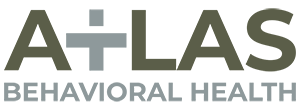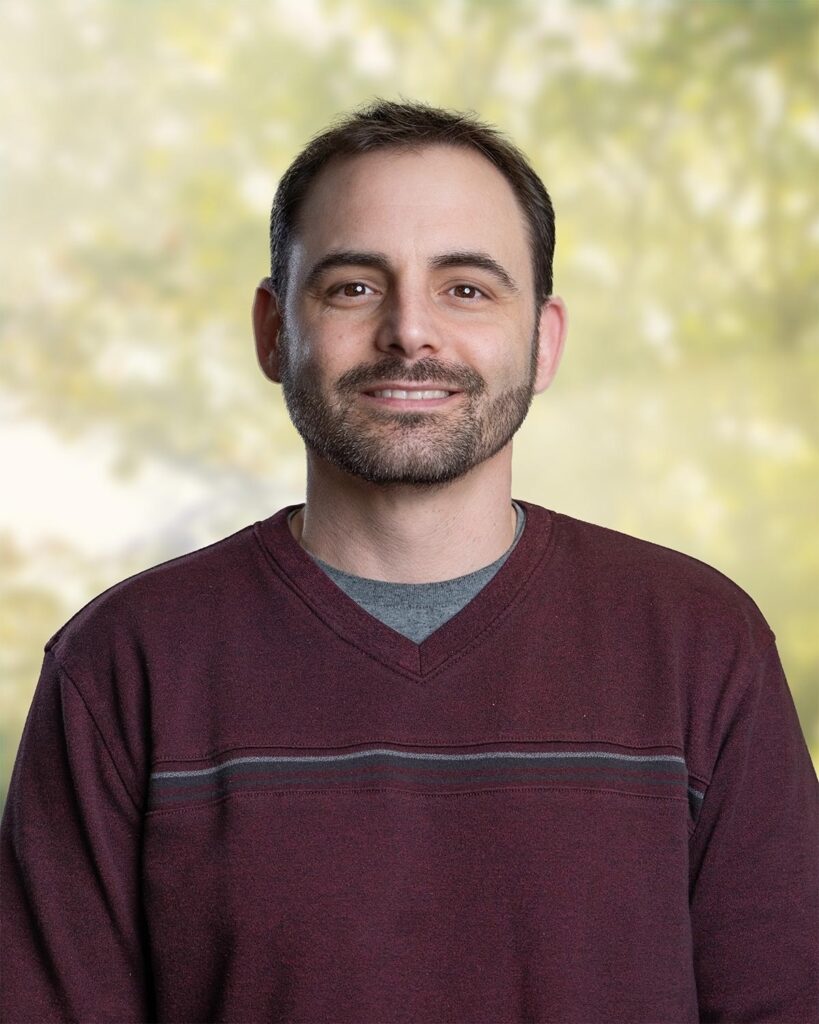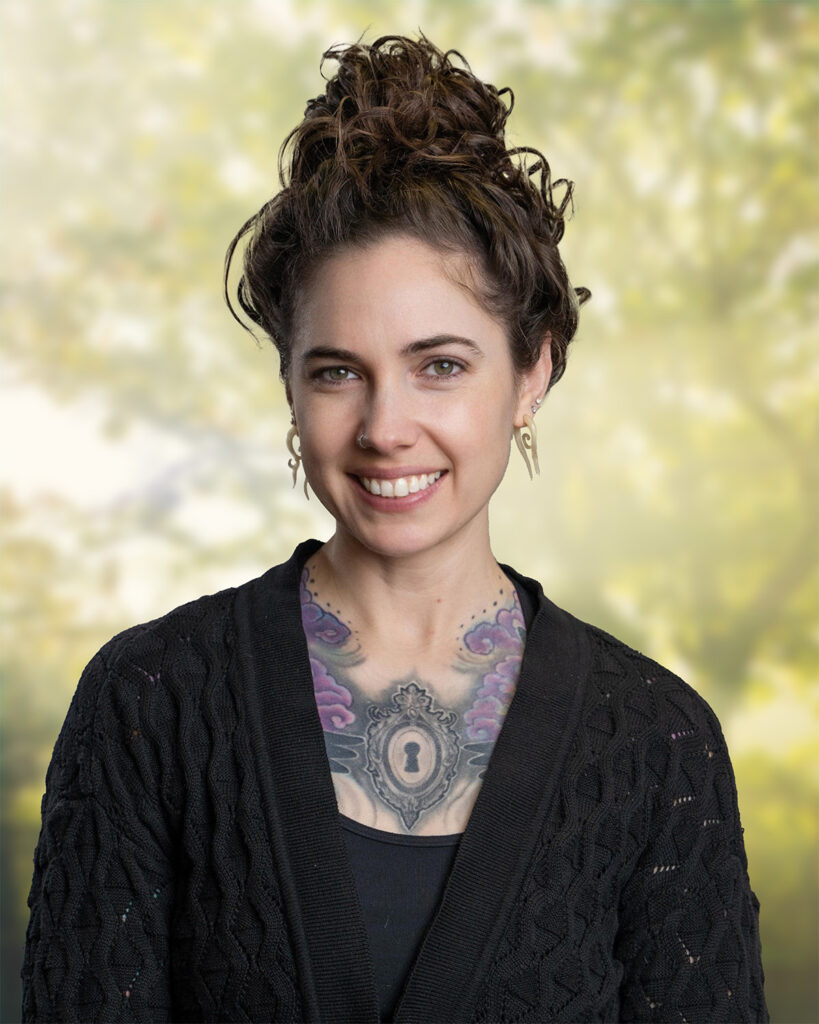Trying to figure out how to detox from meth at home can feel overwhelming. You might want to handle it on your own, but meth withdrawal can be dangerous without the right support.
At Atlas Behavioral Health, we help people build a life that works for them. Whether you start at home or with professional help, you deserve a safe and effective path forward.
Here’s what you should know before trying to detox on your own.
What Happens to Your Body During Meth Detox?
Methamphetamine changes how your brain works. Over time, it affects your energy, mood, sleep, and ability to feel joy. When you stop using meth, your brain goes through a tough adjustment period. This is called withdrawal.
During this time, you may feel extreme fatigue, depression, and cravings. Some people get anxious or paranoid.
You might sleep for long stretches or not sleep at all. It’s also common to feel hopeless or agitated. These symptoms can last a few days or several weeks depending on how long you’ve used meth.
Your body is trying to heal, but the process isn’t easy. At Atlas Behavioral Health, we understand how scary this can feel. That’s why our programs focus on evidence-based support to help people through every stage of recovery.
Understanding what’s happening in your brain is the first step in learning how to detox from meth at home safely, if that’s the path you start on.
Can You Safely Detox from Meth at Home?
Some people ask if it’s possible to detox from meth at home. The short answer is yes, but it’s risky. Meth withdrawal doesn’t just affect your body. It hits your emotions, thoughts, and mental health hard.
At home, you might not have the tools to manage cravings or dark thoughts. If you’re alone, there’s a higher chance of relapse.
Even with family nearby, they may not know how to help when things get intense. Dehydration, poor eating, and insomnia can make things worse.
Atlas Behavioral Health offers a different path. Our team includes master’s and doctorate-level therapists who are trained to guide people through these challenges. With a 3:1 client-to-staff ratio, we make sure you’re never alone in your recovery.
If you’re learning how to detox from meth at home, it’s important to know the limits. Recovery isn’t about willpower. It’s about having the right support in place. That’s what helps people stay sober for the long term.
How to Detox from Meth at Home: Harm Reduction Tips
If you’re trying to figure out how to detox from meth at home, it’s important to focus on safety first. Detoxing without support can be hard, but there are small steps that can lower your risks.
Start by drinking water. Meth can dehydrate your body, so staying hydrated helps your brain and body recover.
Try to eat simple, healthy meals even if you don’t feel like it. Foods with protein and vitamins support healing. Rest as much as you can. Your brain is tired and needs time to reset.
Avoid people, places, or things that remind you of using. This might mean turning off your phone or staying inside for a few days. If possible, tell someone you trust what you’re going through. You don’t need to do this alone.
These tips don’t make detox easy, but they can make it safer. At Atlas Behavioral Health, we believe in meeting people where they are. We know that even small steps count.
Still, learning how to detox from meth at home isn’t the same as getting full support. That’s why many people choose to reach out after trying it on their own. We’re here when you’re ready.
Signs You Need Medical Help During Meth Detox
While some people can manage early symptoms, others run into serious problems. If you’re wondering how to detox from meth at home, you need to know when it’s time to call for help.
Here are some warning signs:
- You haven’t slept for days.
- You feel suicidal, paranoid, or out of control.
- You hear voices or see things that aren’t there.
- You feel like you might hurt yourself or someone else.
- You can’t eat, drink, stop shaking, or stop vomiting.
These aren’t just “hard days.” They’re signs your body and brain are overwhelmed. Trying to push through can lead to dangerous outcomes.
At Atlas Behavioral Health, we know that meth withdrawal can be unpredictable. That’s why we offer fast, compassionate care from a team that truly listens.
If you’re trying to learn how to detox from meth at home and experience any of these symptoms, please don’t wait. Reaching out isn’t failure, it’s a smart move that can save your life.
Even if you’re not sure what level of help you need, we can talk with you and help guide the next step. You deserve to feel safe and supported.
Why Professional Detox and Treatment Offers Better Outcomes
You might think you can figure out how to detox from meth at home with enough willpower. But recovery takes more than determination. It takes structure, guidance, and a plan that works for your mind and body.
At Atlas Behavioral Health, we offer evidence-based programs built around what works, not just what feels familiar. That includes dual diagnosis treatment, therapy, medication support if needed, and a 3:1 client-to-staff ratio so you always feel seen.
Our licensed professionals know how to spot and treat mental health issues that often show up during meth detox.
We also help you build a long-term plan. Detox is only the beginning. Recovery means finding new ways to manage stress, build healthy routines, and connect with people who lift you up. Our programs include intensive outpatient care, sober living options, and strong alumni support.
If you’ve tried to detox at home before and ended up using again, you’re not alone. Many of our clients started the same way. What helped them succeed was choosing the right kind of help.
You don’t have to keep asking how to detox from meth at home. We’re here to walk with you toward real healing.
Long-Term Recovery Starts with the Right Support
If you’re learning how to detox from meth at home, it’s important to remember that detox is only the first step. Meth use often creates deep changes in the brain and body. Healing those changes takes time, structure, and support.
That’s where professional care makes all the difference. At Atlas Behavioral Health, we provide personalized detox that meets you where you are.
Whether you’ve just stopped using or you’ve tried quitting before, we’ll help you build a path that feels realistic and supportive.
We offer a full range of services: from outpatient care to sober living and an active alumni community. Our staff-to-client ratio means you get the attention and care you need. And our team of master’s and doctorate-level clinicians is trained to handle both addiction and co-occurring mental health needs.
Trying to figure out how to detox from meth at home might feel like the only option right now, but it’s not your only option. The best results happen when you’re surrounded by people who truly understand recovery. And that’s what we offer every day.
Choosing a Safer, Healthier Way Forward
It’s brave to ask how to detox from meth at home. That shows you’re ready for change. But doing it alone is hard, and it often doesn’t last. You deserve more than just a short break from meth you deserve a full, healthy life.
At Atlas Behavioral Health, we focus on long-term recovery. That means we don’t just help you stop using. We help you build a new way of living that works for you. Our programs are built around your goals, your pace, and your strengths.
If you’ve already tried to detox from meth at home and it didn’t work, that’s okay. Many people come to us after one or more attempts. What matters most is finding the right support now.
Let us walk with you through the hard parts, celebrate the wins, and help you stay strong. A life without meth is possible and we’re here to help you build it.
You’re Not Alone in This
Trying to figure out how to detox from meth at home can be scary and confusing. But you don’t have to do it alone.
At Atlas Behavioral Health, we offer real help without judgment. Reach out today and let’s talk about what comes next. We’re here for you.





